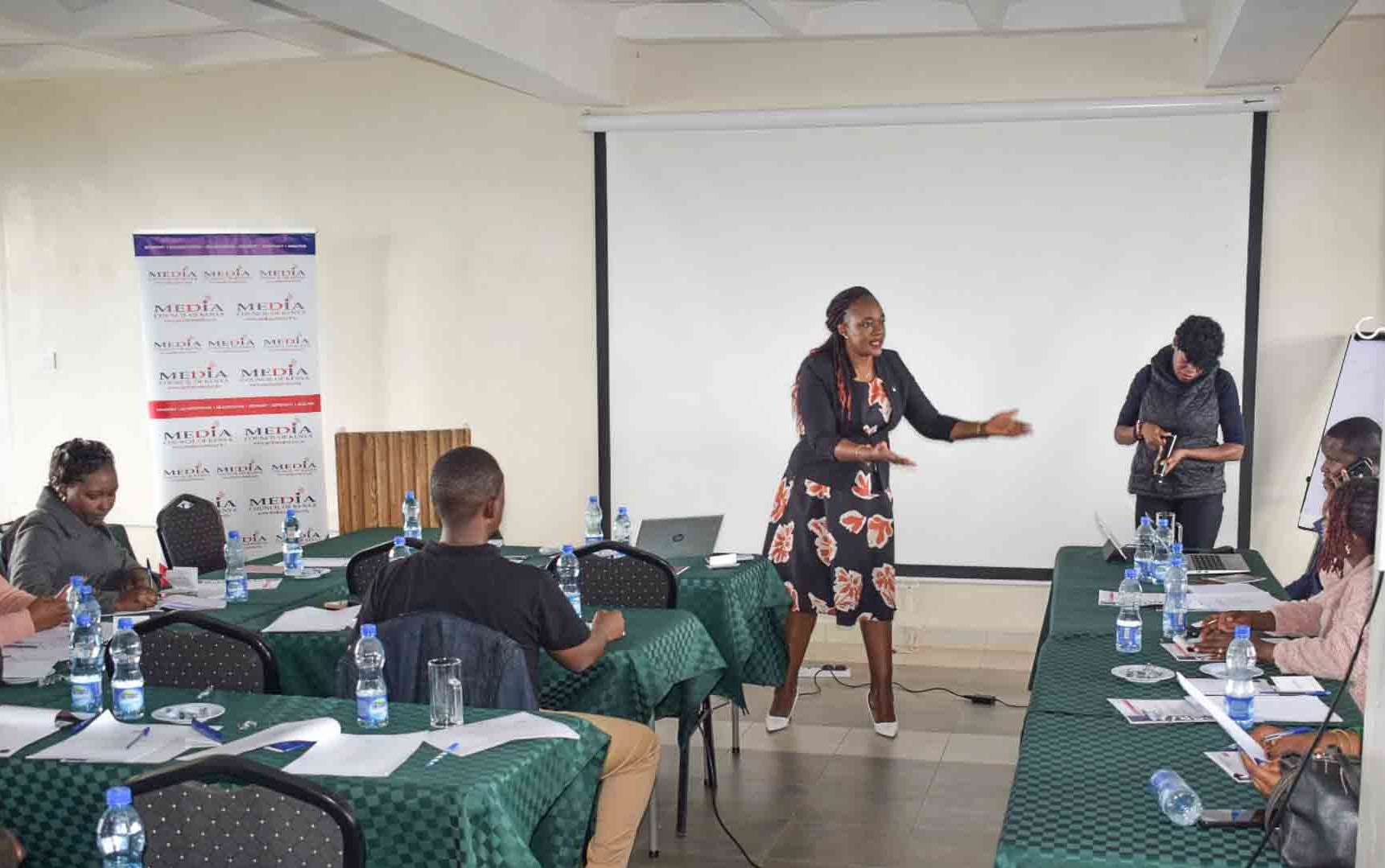
The Media Council of Kenya (MCK) is engaging the public to update the nation’s media code to reflect the evolving media landscape.
The Council held a public participation forum in Meru County as part of its nationwide initiative to gather feedback on the revised Code of Conduct for the Practice of Journalism in Kenya.
If adopted, this revised code will be renamed the Code of Conduct for Media Practice, 2025, aligning with changes in the media environment and the need for updated ethical guidelines.
The public participation exercise follows a 2023 High Court directive requiring the MCK to integrate the Programming Code into the existing framework.
During the Meru forum, Dinah Ondari, MCK’s Manager for Media Monitoring and Research, outlined key proposed changes to the revised Code of Conduct, aimed at promoting responsible journalism and raising ethical standards. A significant focus was on children’s programming, with the new Code emphasising the protection of children.
“As media professionals, we have a duty to safeguard the most vulnerable members of society. The new Code provides clear guidance on content for children, ensuring they are protected from harmful material, such as vulgar, offensive, or sexually suggestive language. It also proposes adherence to content classification guidelines for various audiences, including children,” said Ms Ondari.
She further highlighted the renewed focus on editorial standards, particularly the importance of fair and balanced reporting, as well as addressing emerging issues.
“The proposed Code incorporates topics like artificial intelligence and other aspects of digital media, in line with the evolving media landscape,” she added.
At the Meru forum, Jackson Karanja, the Meru Regional Coordinator, addressed concerns about the revised Code of Conduct, focusing on editorial integrity and the need to avoid undue influence.
“It is vital that editorial content is produced and published independently, free from the influence of sources, story subjects, powerful individuals, or interest groups. Our credibility as a media fraternity depends on our ability to report objectively, without fear or favour. Allowing external pressures to dictate content undermines the foundation of ethical journalism,” said Jackson Karanja.
The Council also guided journalists and stakeholders through the complaints handling procedure of the Media Complaints Commission. Brenda Anyango, a legal officer at the Commission, noted that handling complaints is a critical part of enforcing the Code, underscoring the need for greater awareness.
“The Commission is responsible for reviewing media disputes and taking appropriate action within set timelines. This process is essential for testing the effectiveness of the Code and addressing concerns from those who feel aggrieved by media actions,” she said.